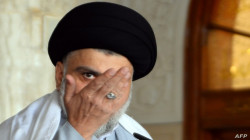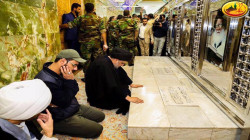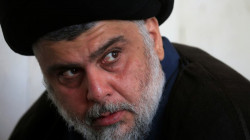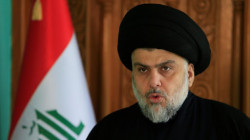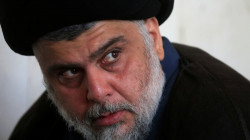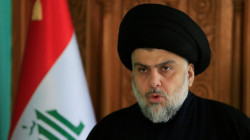Al-Sadr rebrands his movement as "National Shiite Movement" ahead of a return: source
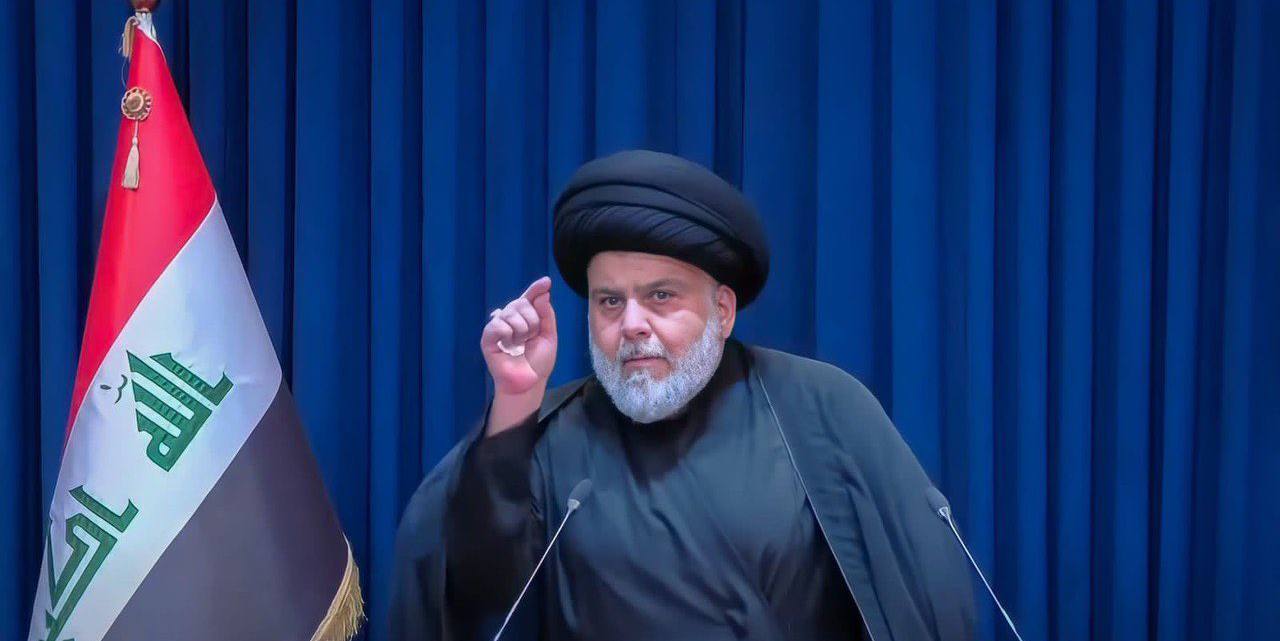
Shafaq News/ Moqtada al-Sadr, the influential Iraqi Shia cleric, has rebranded his political movement as the "National Shia Current" in a bid to broaden his appeal and build a larger political base, a source revealed on Thursday.
The move, announced on Wednesday, comes as al-Sadr prepares to make a comeback to the political scene after withdrawing from the process in June 2022.
A senior Sadrist leader told Shafaq News Agency that the new name is intended to "form a Shia majority on both the political and popular levels."
"This is a prelude to the renewed pursuit of a national majority government," the leader added.
The National Shiite Movement is likely to include "Shiite figures from outside the Sadrist movement, who are attracted to the broader appeal of the new name," the source who preferred to remain anonymous added.
Al-Sadr has a history of engaging in Iraqi politics, withdrawing, and then re-entering the scene. His influence stems from both his family's historical significance in Shiite Islam and his ability to mobilize support among marginalized communities.
On 18 March, al-Sadr visited Iraq's top Shia cleric, Grand Ayatollah Ali al-Sistani, at his house in the holy city of Najaf. Although there were no official statements on the contents of their conversation. Media outlets said that the latter had given the green light for al-Sadr to return to the Iraqi political arena.
Parliamentary elections are scheduled to take place in Iraq by late 2025. However, some Iraqi politicians have called for holding an early vote in the country.
In the early election held on 10 October 2021, al-Sadr emerged victorious, securing 73 seats. He pledged to establish a "national majority" government in collaboration with several Sunni and Kurdish blocs, indicating disagreements with other Shiite blocs aligned with Iran.
However, failing to fulfill his promise, he instructed lawmakers from his bloc to resign, which they duly did on 12 June 2021.
Consequently, Iraq's capital turned into a battlefield as clashes erupted between groups loyal to al-Sadr and Iran-backed factions. As a result, at least 30 individuals were killed, and over 180 others sustained injuries. Then, al-Sadr surprisingly announced his "retirement" from Iraqi politics and has served since then as a cleric.
The move allowed the Coordination Framework to replace al-Sadr's MPs with their representatives, thereby becoming the largest bloc in the Iraqi parliament.
Following over a year of political deadlock, the Iraqi parliament approved a new consensus government on 28 October 2022, under the leadership of Prime Minister Mohammad Shia al-Sudani.
